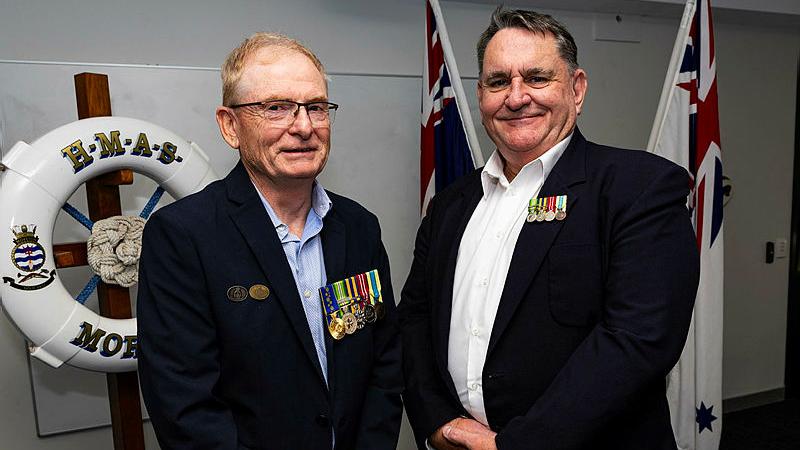From 1 January 2024, Australians with advanced ovarian cancer, CLL, SLL, cystic fibrosis and atypical haemolytic uraemic syndrome (aHUS), will have access to cheaper medicines under the Pharmaceutical Benefits Scheme (PBS).
Olaparib (Lynparza®) will be expanded for eligible Australian women with newly diagnosed advanced ovarian cancer. Lynzparza is a PARP-inhibitor, which is a targeted therapy designed to destroy certain types of cancer cells.
Ovarian cancer is the sixth most common cause of death from cancer among women in Australia. There is no screening program for ovarian cancer, and because symptoms can often be confused with other health conditions, many women are diagnosed with advanced disease, when the cancer has spread and can be difficult to treat.
This listing is expected to benefit around 200 women each year. Without subsidy, Lynparza would cost patients more than $123,000 per course of treatment.
Acalabrutinib (Calquence®) will be expanded to treat patients with previously untreated chronic lymphocytic leukaemia (CLL) or small lymphocytic lymphoma (SLL).
CLL and SLL are slow-growing, rare blood cancers of the bloodstream and lymph nodes and tissues, respectively. Each year in Australia, around 1,000 people are diagnosed with CLL, and around 300 people will be diagnosed with SLL.
In 2022, over 900 patients accessed a comparable treatment through the PBS. Without subsidy, patients might pay around $96,700 per year of treatment.
Lumacaftor with ivacaftor (Orkambi®) will be expanded to include treatment of one-year-old infants with cystic fibrosis for the F508del mutation.
One in 2,500 babies in Australia are born with cystic fibrosis and there is no known cure. It is an inherited disease which causes mucus in the lungs and other organs to become thick and sticky and can often cause persistent lung infections, difficulty breathing and irreversible lung damage.
Symptoms and organ damage start very early in the lives of people living with cystic fibrosis. Treating patients as young as possible can potentially slow doing the progression of this devastating disease.
This life-changing expanded listing is expected to benefit a further 30 infants and their families each year. Without subsidy, these families would pay around $232,300 per year of treatment.
Ravulizumab (Ultomiris®) will be expanded to treat patients with aHUS, a very rare genetic disease where the body’s defence system attacks vital organs, blood cells and blood vessels. This can cause blood clots to form in small blood vessels, blocking blood flow to vital organs and especially to the kidneys.
Around 120 patients each year are expected to benefit from this listing. Without subsidy, patients would pay around $384,800 per year of treatment.
Since July 2022, the Australian Government has approved extra funding for 159 new and amended listings on the PBS.
Quotes attributable to Minister Butler:
“The Albanese Government is committed to making medicines cheaper and more affordable for all Australians.
“These life-changing listings will have a profound impact on people’s lives – and the lives of the people around them.
“Alongside cheaper prescriptions, 60-day scripts and encouraging more doctors to bulk bill, we are making health care more affordable and easing the cost of living burden for everyday Australians.”







